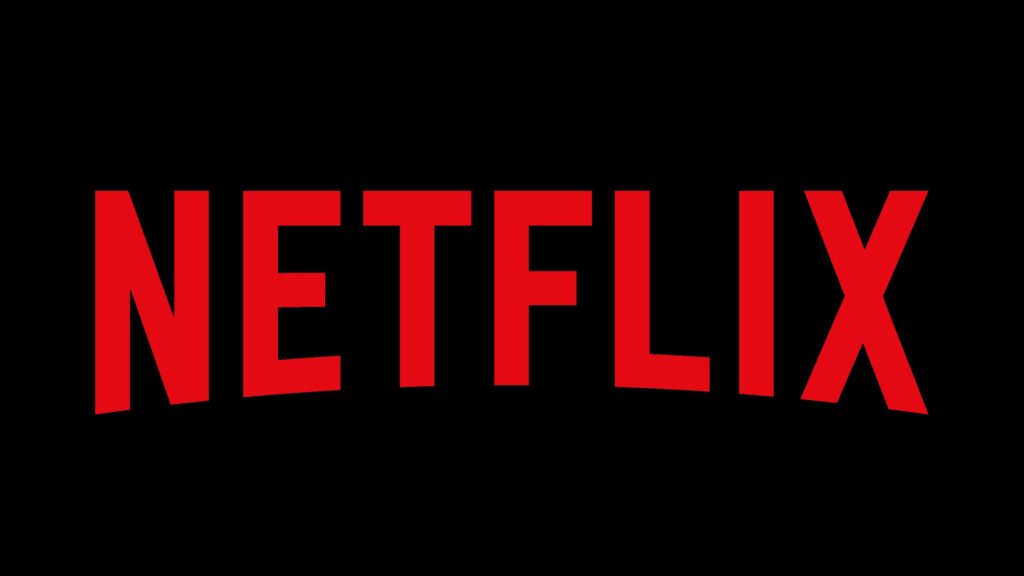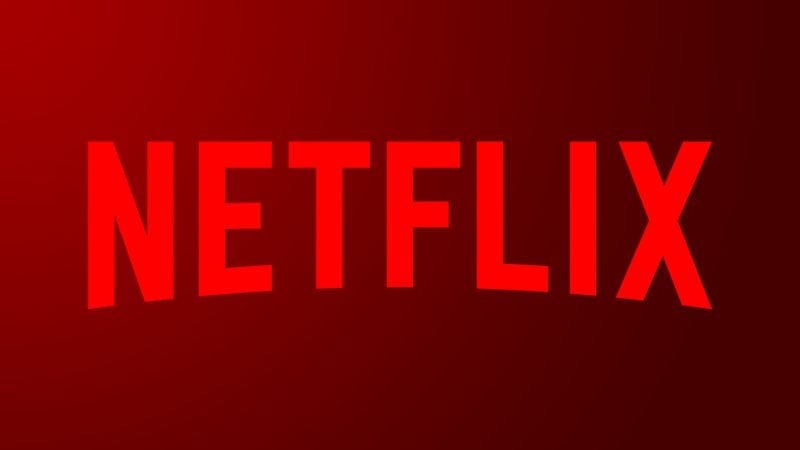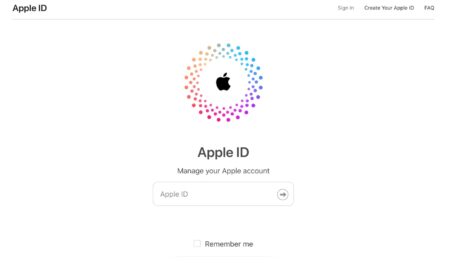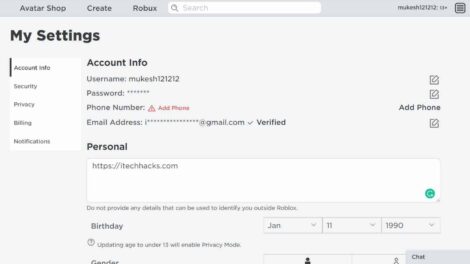The growing antitrust spotlightaimed at regulating big technology ecosystems recently intensified after streaming juggernaut Netflix eliminated iOS sign up functionality to sidestep burdensome Apple App Store fees.
This tactically aggressive yet risky maneuver hopes setting precedent encouraging alternative mobile payment support. However, short term impacts temporarily inconvenience some subscribers. More philosophically, it risks fracturing the unified app experience model popularized by Apple.
Let’s analyze what fueled Netflix’s decision, implementation implications for consumers, how experts interpret the escalating App Store battle and what it signals regarding future platform governance.
App Store Dominance Enables High Commission Rates
At the core of Netflix’s withdrawal sits economic burdens surrounding Apple’s longstanding 30% platform fee structure:
- Applied to all in-app purchase revenue, subscriptions, boosted App Store search placements.
- Margins handcuff developer business models, stifling ecosystem diversity.
- Accused of arbitrarily enforcing policies, like alternate payment mandate exceptions (e.g. Uber).
To Netflix, these constraints proved increasingly untenable to sustain its low-cost leadership market disruption strategy.

Short Term Transition Complexity Worth Long Term Payoff
Nevertheless, recapturing these commissions requires rearchitecting a revenue stream affecting millions of current iOS subscribers:
- No New App Store Signups: Forces enrollment via web to retain savings.
- Existing User Migration: Prompt urges transition from Apple payment processing to Netflix billing systems.
- Feature Parity Compromises: At launch, no capability differences incent initial holdouts, but risks fragmentation emerging.
Early data will dictate whether influence redistribution theory holds against ingrained user behavior inertia.
Industry Interpretations of Behind the Scenes Power Play
We sampled perspective across the tech policy spectrum responding to the latest escalation:
“This represents a inflection point if subscribers flock beyond walled gardens. It could signal open platforms inevitable stabilizing force.”
– Dr. Amy Kapczynski, Yale Law School Professor
“We should applaud Netflix’s stand against app tax extortion, but realize risks fragmenting environments without improving consumer affordability as shareholders siphon savings.”
– Fahmida Rashid, Cyberscoop Newsletter Author
Their cautious balance embodies the complex tension between nurturing competition while retaining seamless user experiences.
Critics and Supporters of App Store Status Quo
This polarizing issue splits policymakers and developers:
- Supporters consider fees justified by security, marketing and standardized update deployments.
- Critics argue app creators deserve controlling direct customer relationships without middlemen rent extraction.
With regulator scrutiny mounting globally, the days of unlimited gatekeeper power face impending accountability oversight.
The Outlook for Mobile Platform Policy
While the customer impact timeline stretches long, Netflix’s warning shot across Apple’s bow undeniably commands technology titans immediate attention. This single ripple risks inspiring further defections should demonstratable subscription savings materialize without service degradation.
However, amidst political pressure and executive calls for cooperation, iOS risks fracturing should outlier agreements become norm. Will consumers prefer unified experiences or choice proliferation? The answer depends on who you ask.










Add Comment